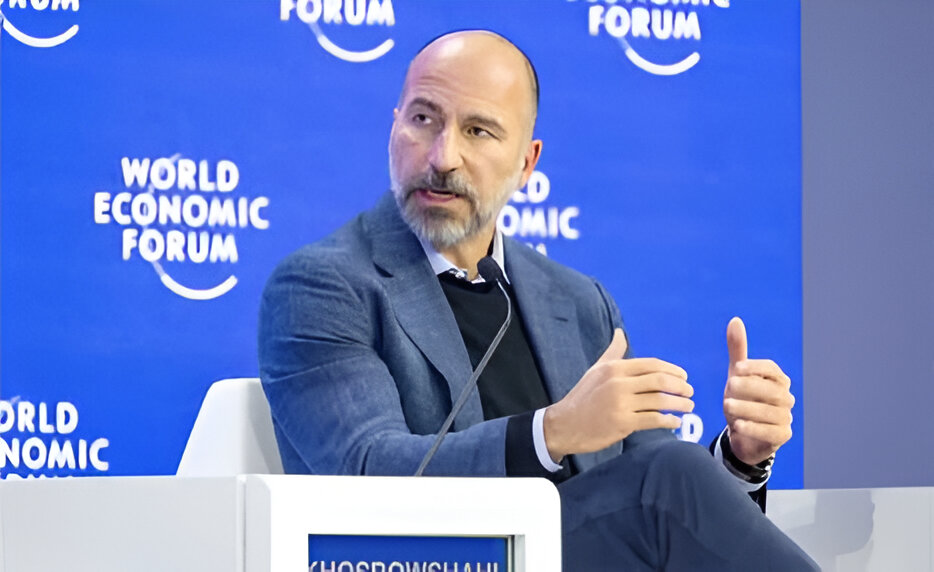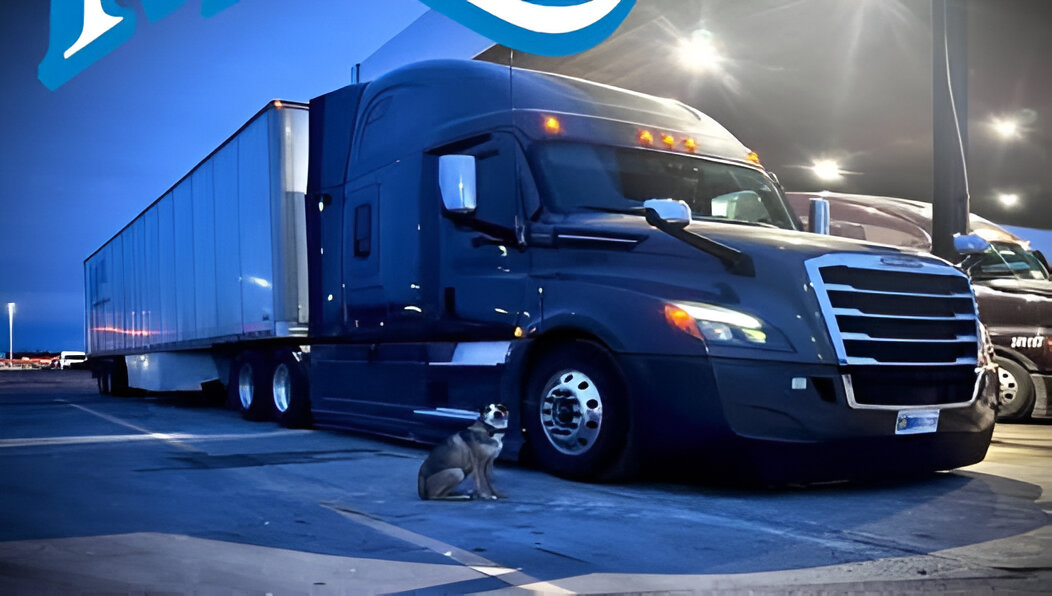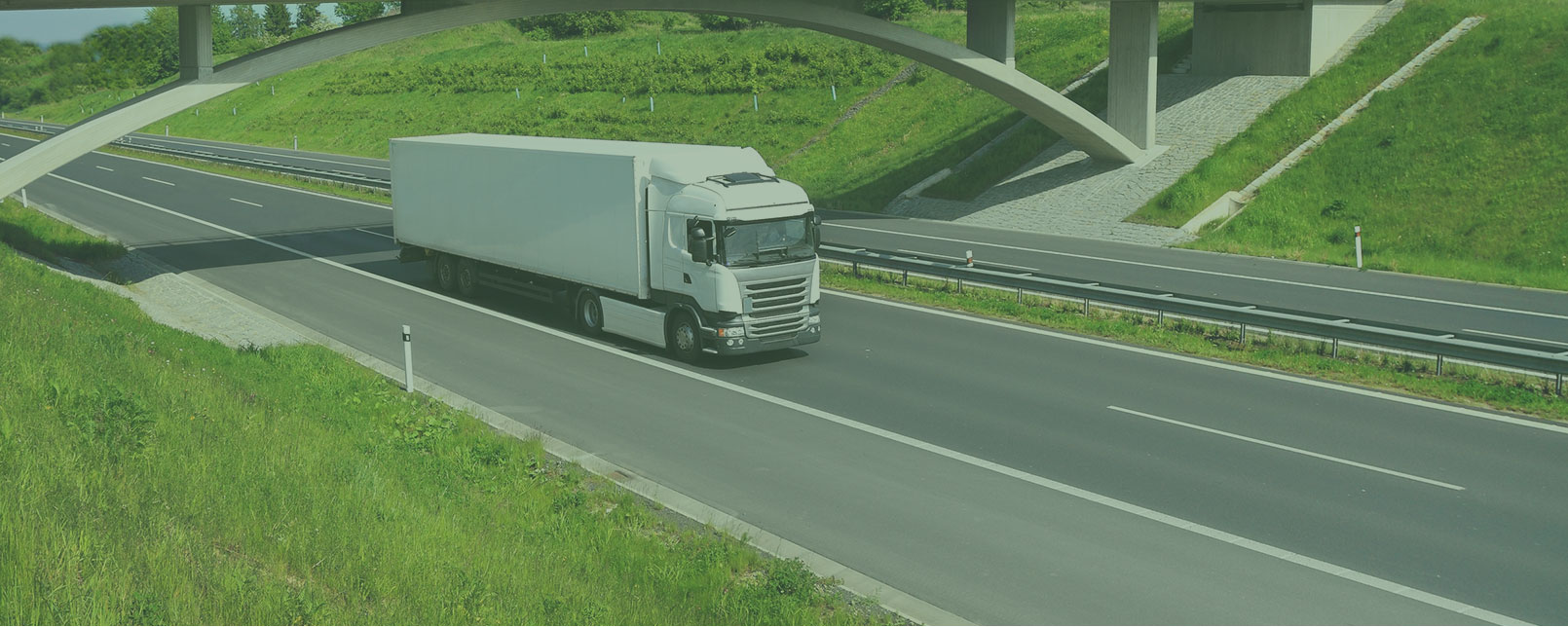
- SUNDAY Jan 25,2025
- Will Cook
TRUCKING NEWS RECAP
This article was inspired after reading the Transport Topics article on the FMCSA’s Women of Trucking Advisory Board, and this is just my opinion—Will Cook “A Driver’s Perspective.” Recap from Last Week’s Trucking News: Universal Safety Over Selective Solutions The trucking industry has once again shifted its focus toward inclusivity, this time with recommendations from the FMCSA’s Women of Trucking Advisory Board (WOTAB). Their report outlines measures aimed at addressing safety concerns and workplace issues specific to women drivers, including better parking options, harassment policies, and accountability measures for carriers. While these initiatives may seem like progress on the surface, they reveal a deeper problem: the overemphasis on identity-driven solutions that risk fragmenting the industry rather than uniting it.
Safety is a Universal Right, Not a Selective Priority
Let’s start with the basics: if trucking isn’t safe enough for women, it’s not safe enough for anyone. The focus on gender-specific safety measures is problematic because it assumes that male drivers don’t face the same risks. Unsafe parking areas, harassment, and poor working conditions are industry-wide issues. Yet framing these problems as uniquely affecting women diminishes the shared struggle of all drivers and ignores the fundamental truth: safety is universal.
Trucking isn’t about gender—it’s about the job. Solutions shouldn’t be tailored to one group at the expense of others. Instead, they should address the core challenges that every driver faces. By framing safety improvements as “for women,” we risk alienating other drivers, especially men, who also face dangerous conditions every day.
Competence, Not Identity, Should Drive the Industry
The report’s recommendations seem to suggest that women need special accommodations to thrive in trucking. But this assumption underestimates the resilience and capability of both women and men in the industry. Trucking is not an impossible job—it requires common sense, a decent work ethic, and basic skills. Those who meet these requirements, regardless of gender, should be treated equally under a universal standard.
We’ve already seen compromises for immigrant drivers who struggle with English proficiency or cannot pass a CDL exam. Now, the focus shifts to accommodations for women. While inclusivity is important, continually reshaping the industry to meet the needs of specific groups dilutes its standards and undermines its professionalism. If this trend continues, we risk creating a workforce that relies on constant interventions and accommodations, leaving the industry weakened and less capable of meeting its demands.
What Happens When the Bar Keeps Lowering?
By focusing on identity over competence, we’re inadvertently signaling that the job is too hard for certain groups unless the system changes to suit them. This narrative is not only untrue but also unfair to the hardworking men and women who meet the industry’s demands every day without special considerations. The reality is simple: if someone—regardless of gender—cannot meet the job’s requirements, the solution isn’t to lower the bar. It’s to help them develop the necessary skills or acknowledge that trucking might not be the right fit for them.
Moreover, continually altering standards for specific groups introduces a slippery slope. First, we compromise on language proficiency. Next, we make adjustments for gender-specific concerns. What’s next? If the industry keeps bending to accommodate individual needs, we’ll soon find ourselves leaning on autonomous assistance—not because technology is better, but because we’ve stripped the job of its core values: self-reliance, competence, and resilience.
A Call for Unity and Practical Solutions
This is not an argument against inclusivity—it’s an argument for fairness and practicality. Instead of dividing the industry with identity-driven policies, we need to focus on solutions that benefit all drivers equally. For example:
- Universal Safety Improvements: Better parking and rest stop security benefit everyone, not just women. Let’s frame these improvements as what they are: necessary for all drivers.
- Strict Accountability: Harassment has no place in trucking. Policies addressing misconduct should apply universally, with clear accountability for offenders, regardless of who the victim is.
- Focus on Core Competencies: Rather than altering training standards for specific groups, let’s ensure that every driver—man or woman—is equipped with the skills and knowledge to succeed.
- Uplift, Don’t Divide: Celebrate the contributions of all drivers, emphasizing shared challenges and shared successes. This approach strengthens the industry by fostering unity rather than division.
A Stronger Industry Requires Stronger Standards
Trucking is a backbone industry, not a platform for social experiments. While inclusivity and safety are critical, the focus must remain on maintaining high standards and ensuring fairness for all drivers. If a woman can’t meet the job’s demands, she shouldn’t be on the road—just as the same applies to men. This isn’t discrimination; it’s respect for the profession.
At the end of the day, trucking isn’t about gender, identity, or accommodation. It’s about doing the job and doing it well. Let’s focus on solutions that make the industry better for everyone, not just a select few. Because when we prioritize fairness and competence, we create a stronger, safer, and more united trucking industry.
This article was inspired after reading the FMCSA report and the discussion it sparked. These are just my thoughts—A Driver’s Perspective.

LEASE PURCHASE- PROGRAMS ( TLTF? )
From A Driver’s Perspective, the question of whether lease-purchase programs in trucking help drivers achieve ownership or trap them in debt remains highly debated.


Hi, this is a comment.
To get started with moderating, editing, and deleting comments, please visit the Comments screen in the dashboard.
Commenter avatars come from Gravatar.